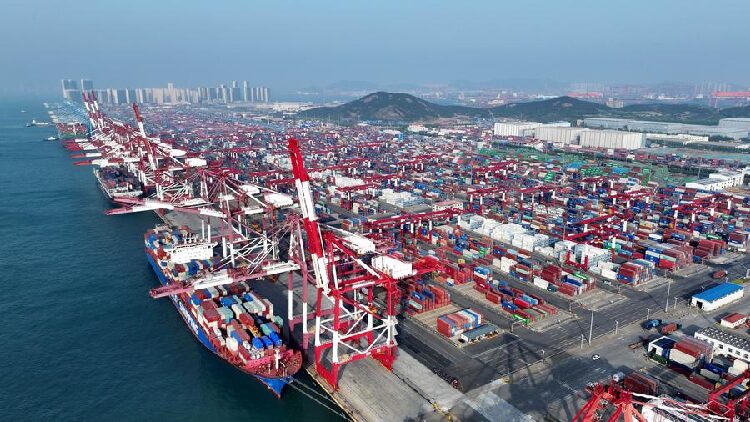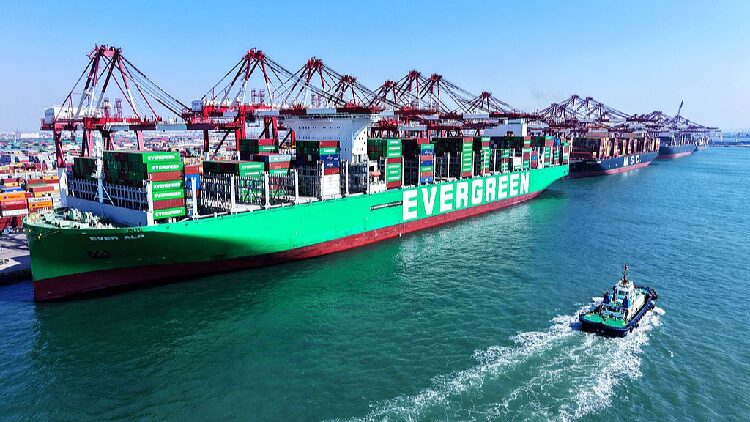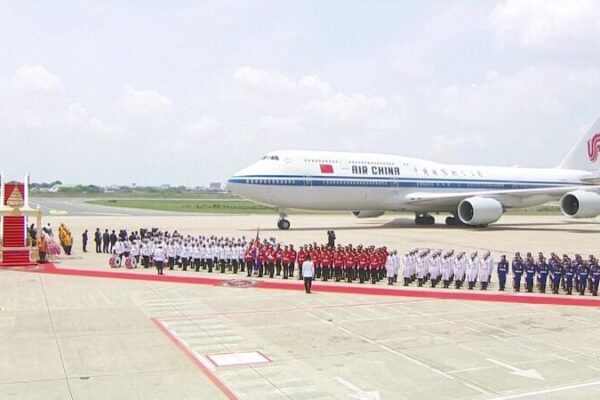Trade between the Association of Southeast Asian Nations (ASEAN) and China has undergone an incredible transformation. Moving from traditional markets to a digital era, this evolution is changing how businesses and consumers interact across the region.
The Rise of Regional Agreements
In 2002, ASEAN and China signed the ASEAN-China Free Trade Agreement (ACFTA), which was fully implemented by 2010. This agreement reduced tariffs and made cross-border trade easier, turning China into ASEAN’s largest trading partner since 2009. By 2023, trade between the two had surpassed $900 billion!
Embracing Digital Platforms
The trade relationship didn’t just grow in size—it also went digital. E-commerce giants like Alibaba and Tencent expanded into Southeast Asia, introducing platforms like Lazada, Shopee, and TikTok Shop. These platforms have made it easier for businesses, especially small and medium-sized enterprises, to reach customers across borders.
Mobile payment systems such as Alipay, WeChat Pay, and GrabPay have also become widespread, allowing seamless transactions between ASEAN countries and China. This digital shift has made shopping and selling more accessible than ever before.
A Look into the Future
ASEAN’s digital economy is expected to hit $1 trillion by 2030, boosted by investments in technologies like 5G and artificial intelligence. China’s Digital Silk Road initiative is strengthening this growth by improving internet connectivity and e-commerce logistics.
While the digital transformation brings many opportunities, there are also challenges like cybersecurity and regulatory differences. However, with continued cooperation and innovation, the future of ASEAN-China trade looks bright.
Reference(s):
The trajectory of ASEAN-China trade: From E-market to free market
cgtn.com








